Never a dull moment: The overall picture after stage 4 of the Tour de France
A recap of Froome, Quintana, Nibali, Contador, van Garderen and Pinot’s starts
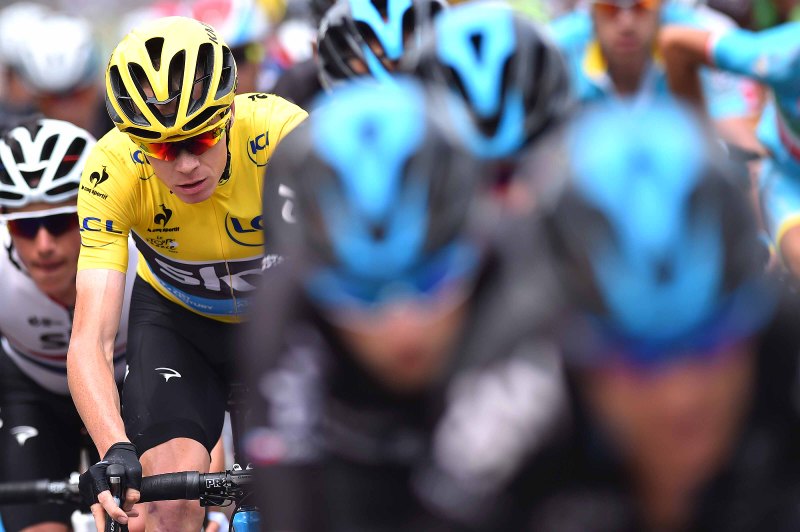
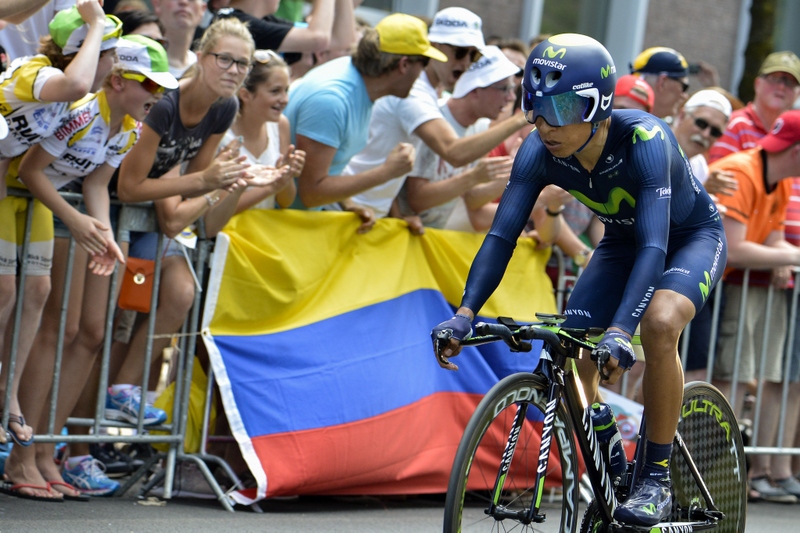
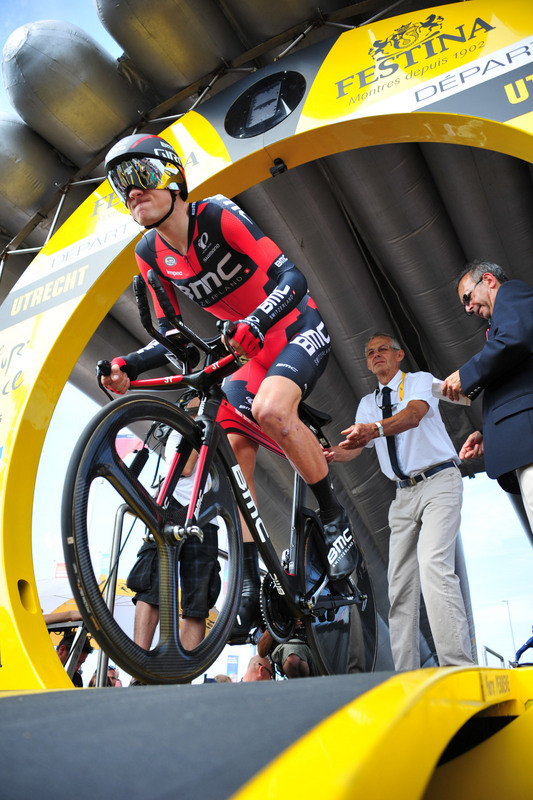
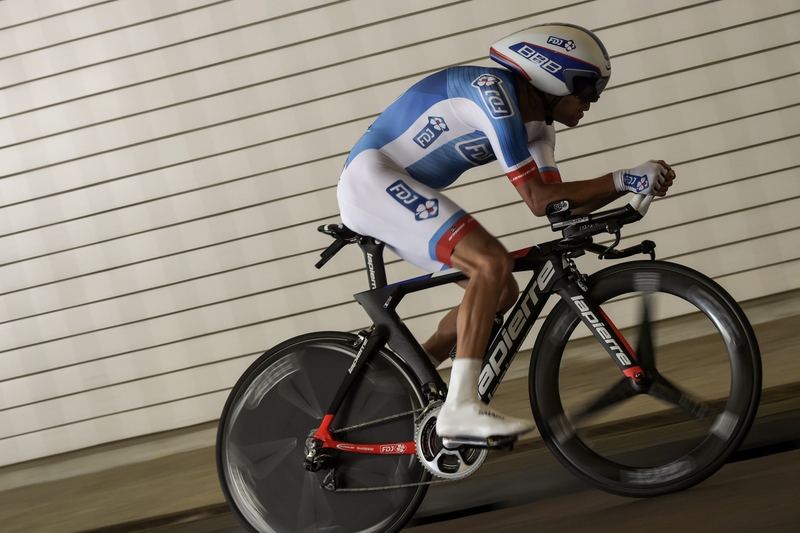
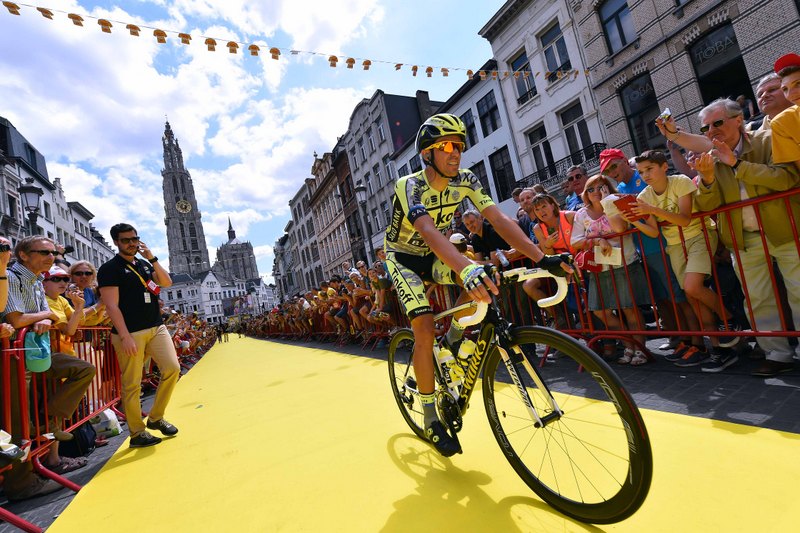
The Tour de France has only just reached French soil but already Utrecht and the hopes and fears of the Grand Départ seem a long, long time ago. Stage 4 from Seraing to Cambrai brought an end to the race’s gripping opening stanza of Classics-style racing and, in theory at least, Wednesday’s stage to Amiens ought to offer the general classification contenders a chance to take stock, if not necessarily to draw breath.
The pavé that greeted the peloton shortly after its arrival in France, certainly, was viewed by many as the first major landmark of the race, where a subtotal of losses and gains could be tallied before the balance sheet for this frantic opening is drawn up in earnest after Sunday’s team time trial.
Four days in, Cyclingnews takes a look at how the Big Four pre-race favourites of Vincenzo Nibali, Chris Froome, Nairo Quintana and Alberto Contador have fared, as well as the men who were most fancied beyond the galacticos, Tejay van Garderen and Thibaut Pinot. Others, including Joaquim Rodriguez and Rigoberto Uran, may yet have their say, but this sextet has garnered the headlines – for better or for worse – during the opening four days.
Chris Froome (Sky) – 2nd at 12 seconds
Froome took a more relaxed approach in the build-up to this race than he had done ahead of his ruinous title defence in 2014, but his showing in the opening quartet of stages surely exceeded even the most optimistic projections from Team Sky. An off-colour opening time trial was offset by making the split on stage 2 to Zeeland, and Froome continued in the same vein at the Mur de Huy on Monday.
Side by side with Contador 350 metres from the summit, he somehow put 18 seconds into the Spaniard (and 11 into Nibali and Quintana) en route to second on the stage and the yellow jersey. He yielded rather than lost the overall lead to Tony Martin the following day, where his surprisingly assured showing on the cobbles seemed to have the feel of a win for Team Sky. Astana directeur sportif Giuseppe Martinelli has seen enough to revise his pre-race opinion and place Froome above Quintana as Nibali’s chief rival.
Best moment: His acceleration on the Mur de Huy showed his physical strength, but his display on the pavé confirmed that he is calmer of mind than he was a year ago.
Get The Leadout Newsletter
The latest race content, interviews, features, reviews and expert buying guides, direct to your inbox!
Worst moment: A low-key showing in the opening time trial seemed eons removed from what he achieved against the watch during his startling 2013, but with no more individual tests in the race, he won’t be concerned.
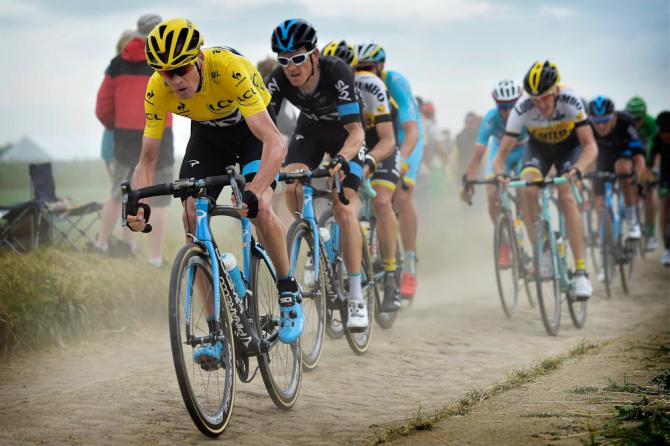
Tejay van Garderen (BMC) – 3rd at 25 seconds (13 seconds behind Froome)
Despite the presence of the Big Four, van Garderen entered this Tour with a podium place in Paris as his stated objective and nothing he has seen to date will give him reason to downscale that ambition. There are shades of Cadel Evans in 2011 about BMC’s approach to this opening week, with a praetorian guard of riders such as Manuel Quinziato and Greg Van Avermaet keeping van Garderen nestled consistently at the head of the bunch.
Van Garderen will have drawn confidence too, from being the quickest of the podium contenders in the Utrecht time trial and on the Mur de Huy, he was to the fore among the best of the rest behind Froome. He came through the pavé without any undue stress, and with the team time trial to come, he could end up the best placed of the GC men by the time the race enters the Pyrenees.
Best moment: Though he seemed disappointed immediately on finishing, van Garderen’s display in the Utrecht time trial was a statement of intent.
Worst moment: If he has had one, it has gone unnoticed.
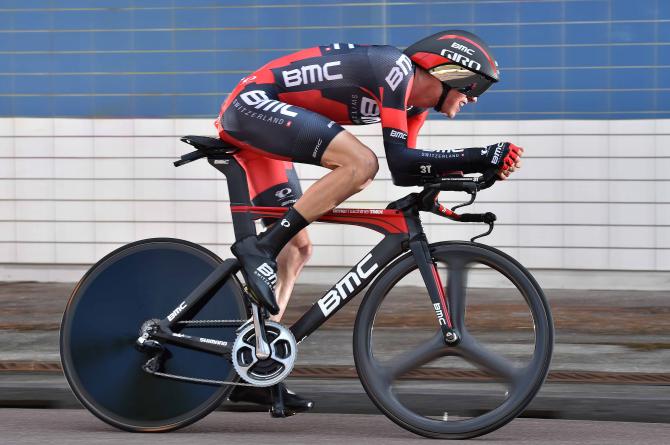
Alberto Contador (Tinkoff-Saxo) – 8th at 48 seconds (36 seconds behind Froome)
Of the Big Four, Contador is the one who has shown the clearest signs of physical weakness, losing 18 seconds in double-quick-time atop the Mur de Huy, yet he lies over a minute clear of both Nibali and Quintana. Therein, perhaps, lies the reason why Froome fears Contador more than any other – the Spaniard, as he showed most remarkably at the 2012 Vuelta a España, has the rare, rare gift of being able to win a Grand Tour without being the strongest man in the race.
Such a skill is particularly useful to Contador at this Tour, where he arrives fatigued from his exertions en route to Giro d’Italia victory in May. Giro-Tour double winners past, including Stephen Roche and Jacques Anquetil, tended to note that they enjoyed the better of their form in Italy, while victory in France was more of a grind, and Contador’s display thus far suggests the same will be true for him. He appeared to struggle on the pavé, though he blamed a broken rim afterwards.
Best moment: Making the split on the opening road stage to Zeeland and putting time into Nibali and Quintana
Worst moment: His deficit on the Mur de Huy was far larger than he could have anticipated.
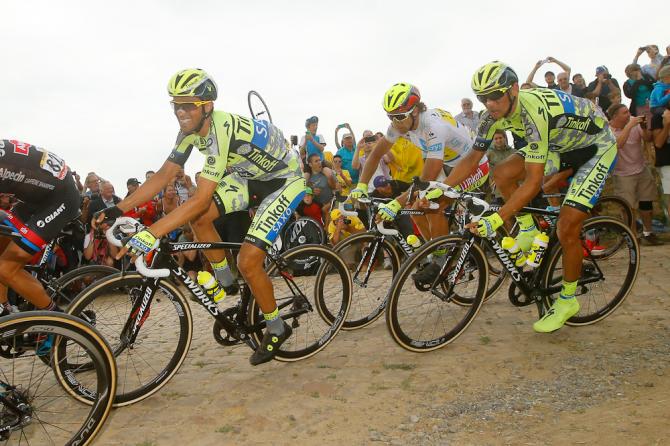
Vincenzo Nibali (Astana) – 13th at 1:50 (1:38 behind Froome)
Widely tipped as the man most likely to put time into his rivals on the opening week, Nibali finds himself on the back foot despite showing sustained flashes of the form that carried him to overall victory a year ago. The best of the four favourites in the opening time trial, Nibali was disappointed to get caught out in the crosswinds on stage 2.
The Sicilian made par on the Mur de Huy, finishing 11 seconds down on Froome, but he failed to make the eagle he had hoped for on the cobbles on stage 4. As expected, Astana attacked relentlessly and Nibali was the strongest of the favourites, but he recouped no ground, citing the more clement conditions compared to a year ago. Even if he reproduces his 2014 form, Nibali will be loath to reach the mountains with this time gap to Froome.
Best moment: The opening time trial showing suggested Nibali had peaked at the right time for the second year running.
Worst moment: Conceding a minute and a half on the first road stage was the biggest single loss of time Nibali has experienced in a Grand Tour since joining Astana.
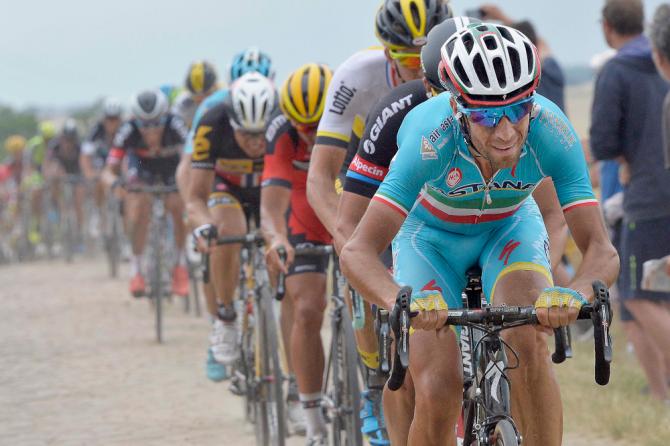
Nairo Quintana (Movistar) – 17th at 2:08 (1:56 behind Froome)
For all Froome’s bravado when discussing Quintana’s accelerations, the Colombian would doubtless fancy his chances of final overall victory if he were to reach the Pyrenees with this same two-minute deficit, particularly given his tendency (from an admittedly small sample size) to improve in the third week of a Grand Tour. Of all the contenders’ teams, however, Movistar have so far seemed most vulnerable when echelons form. Sky, Tinkoff-Saxo and Astana might yet find common cause before the week is out.
Best moment: Making it through the pavé without losing ground to Froome, Contador or Nibali.
Worst moment: When Quintana lost 1:30 on the first road stage, the Pyrenees must have felt a lifetime away.
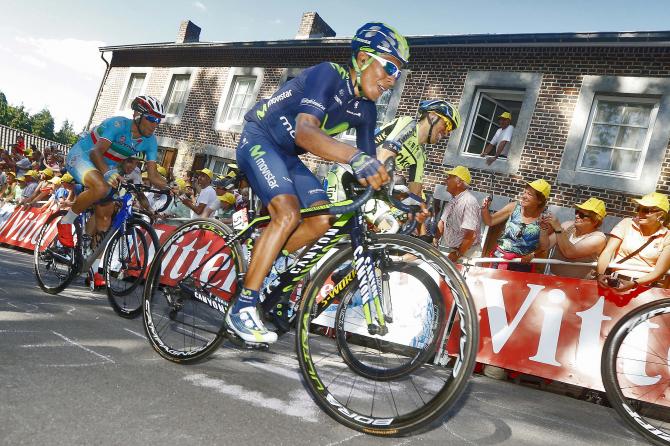
Thibaut Pinot (FDJ) – 30th at 6:30 (6:18 behind Froome)
And to think it all started so well. French hopes soared when Pinot beat each of the Big Four in the opening time trial in Utrecht but his race has swung from disaster to disaster since. To lose time on stage 2 was careless, to do it the following day was a trend and to concede even more on the pavé was terminal to any hopes Pinot held of a podium finish in Paris.
Already six minutes off the pace, FDJ are talking of revised objectives for Pinot in a race that threatens to become a repeat of 2013. That said, with so many mountains still to come, he can still finish comfortably in the top 10 provided he keeps his head in the game. After a podium finish a year ago and on a course seemingly designed with him in mind, however, his motivation must be fragile.
Best moment: The Utrecht time trial
Worst moment: Everything since
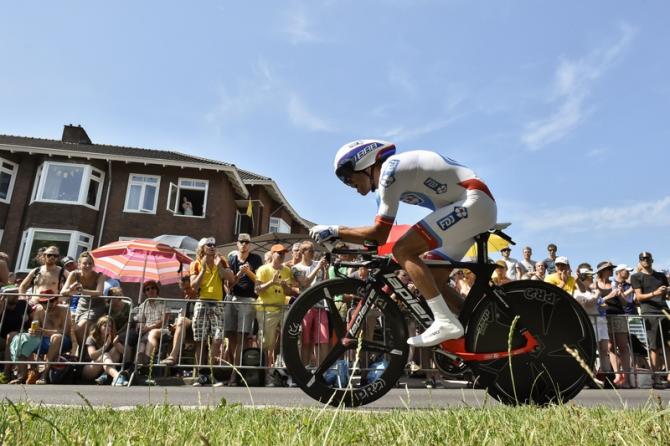

Barry Ryan was Head of Features at Cyclingnews. He has covered professional cycling since 2010, reporting from the Tour de France, Giro d’Italia and events from Argentina to Japan. His writing has appeared in The Independent, Procycling and Cycling Plus. He is the author of The Ascent: Sean Kelly, Stephen Roche and the Rise of Irish Cycling’s Golden Generation, published by Gill Books.